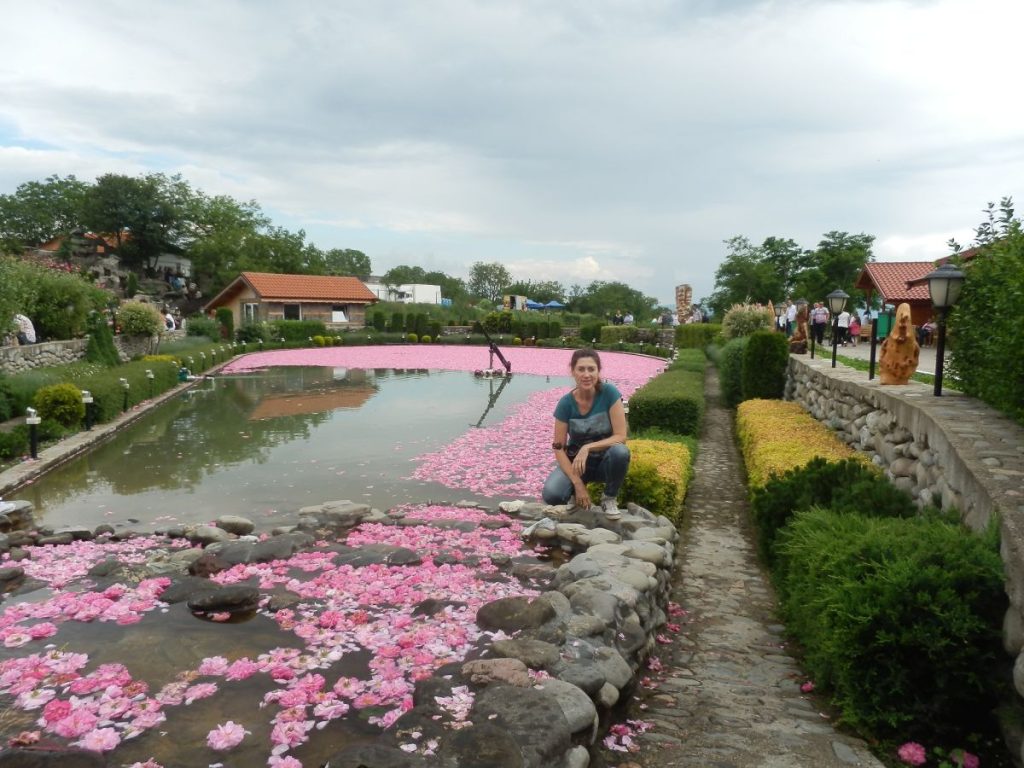The distillation of rose oil in Kazanlak, Bulgaria, is a cherished tradition dating back over 300 years, centered around the cultivation of the Rosa Damascena, or Damask Rose. This rare variety, known for its high oil content and delicate scent, thrives in the fertile soils and unique microclimate of the Valley of Roses. The harvesting season begins in late May and lasts through June, with the roses handpicked at dawn to preserve their aroma, as the cool morning air helps retain the essential oils within the petals.
The distillation process involves carefully steaming the fresh rose petals in copper stills with water. As the mixture heats, the water vapor carries the essential oils through a cooling system, where it condenses into rose water and separates the precious rose oil. This oil, often referred to as “liquid gold,” is highly valued for its powerful fragrance, medicinal properties, and use in luxury perfumes and cosmetics. It takes approximately 3,000-3,500 kg of rose petals to produce just one kilogram of pure rose oil, highlighting its rarity and value.
Kazanlak’s connection to the Rosa Damascena is celebrated annually at the Rose Festival, showcasing the deep cultural and economic significance of rose oil production in Bulgaria.



